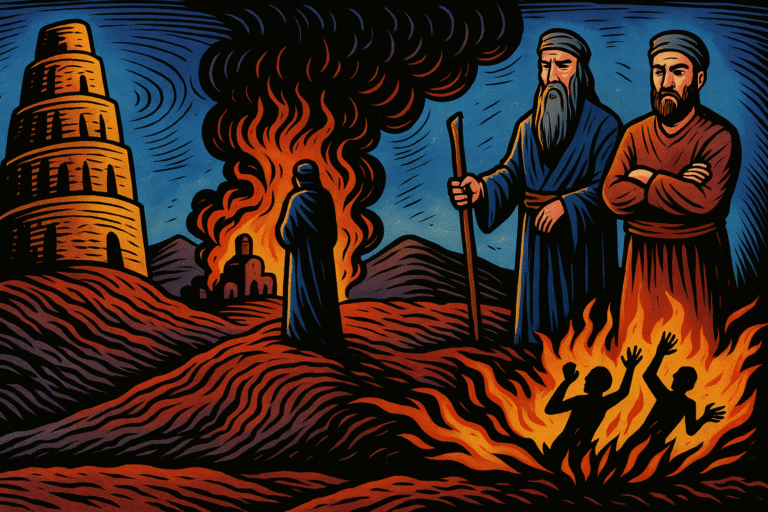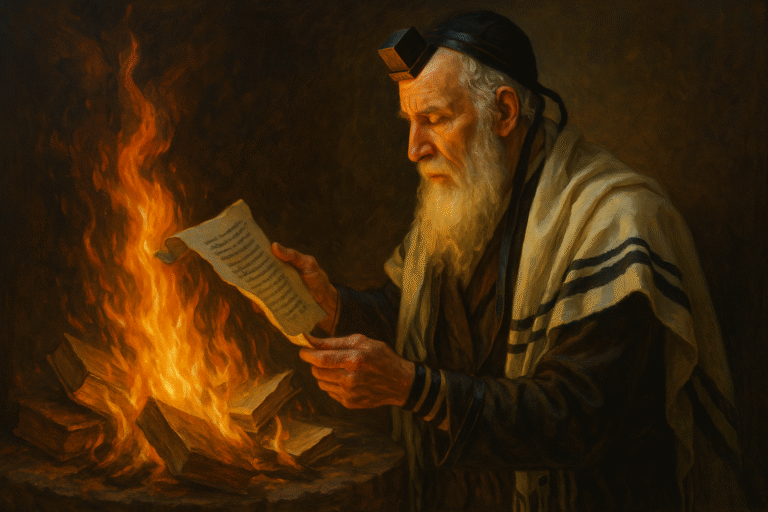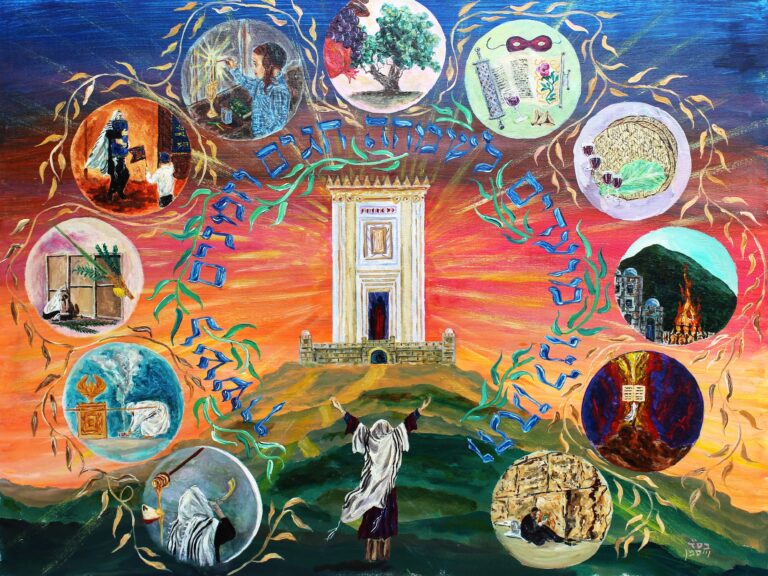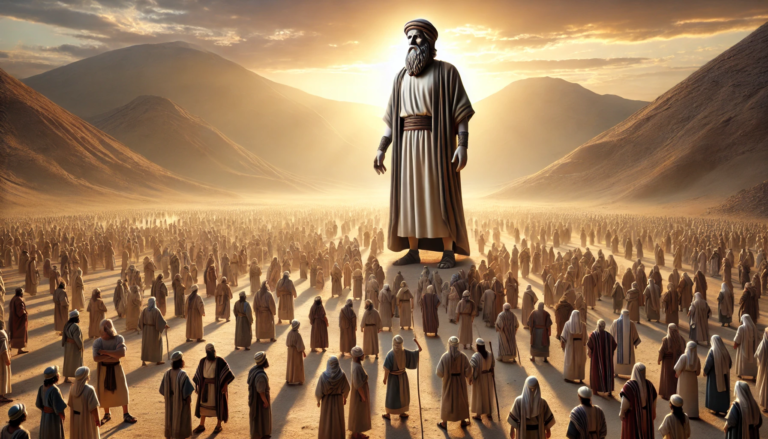The Two Hundred and Fifty Who Joined Korach
What connects the 250 men of Korach, the Tower of Bavel, and S'dom? A startling teaching from the Megaleh Amukot reveals a spiritual lineage of rebellion—souls driven by ambition without submission. Discover how distorted holiness leads to destruction.












